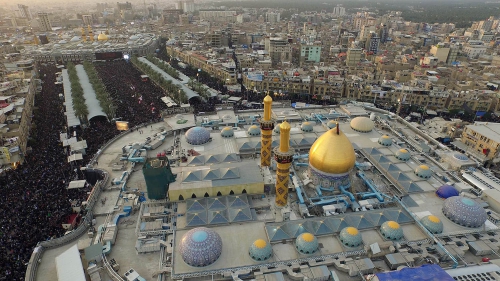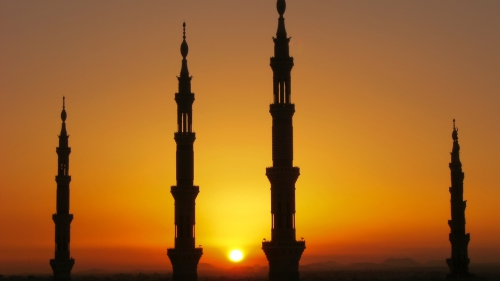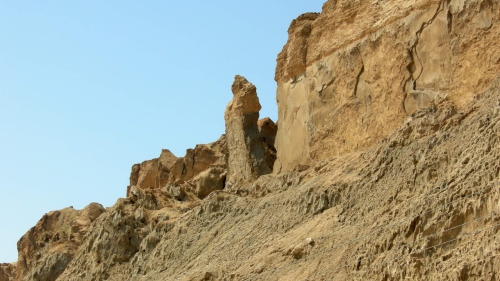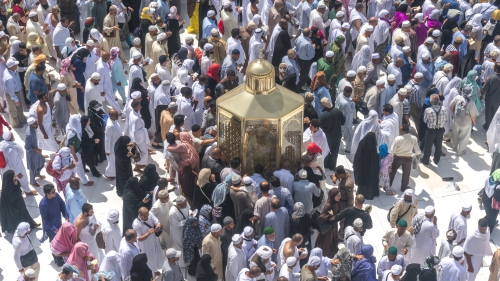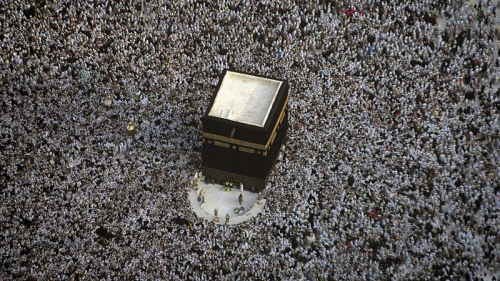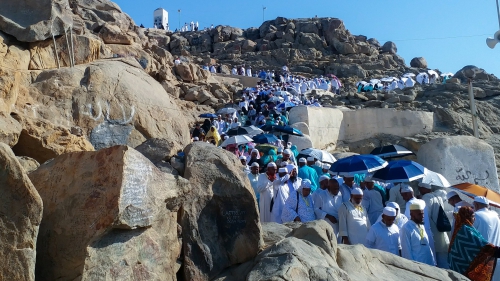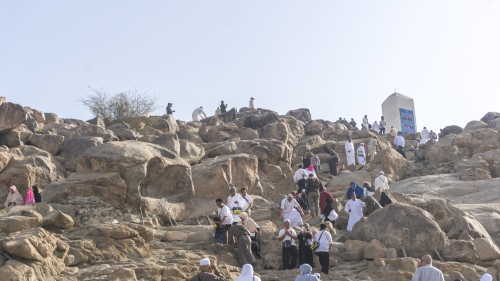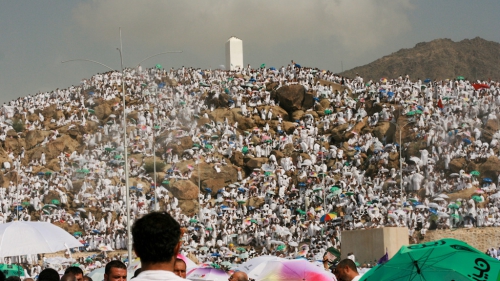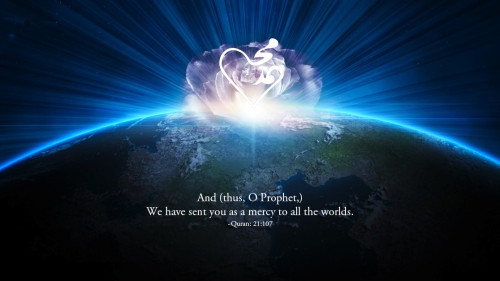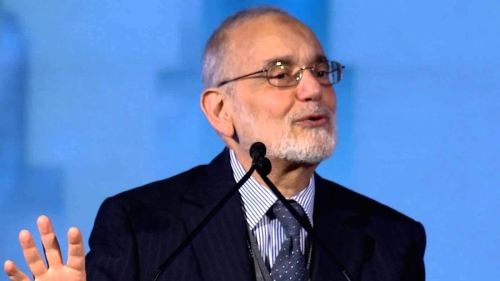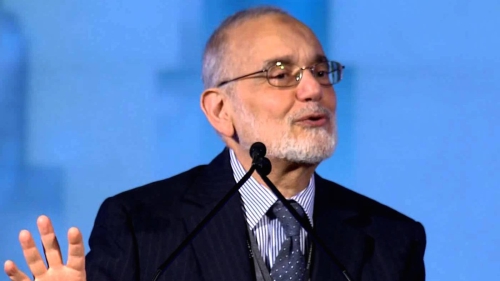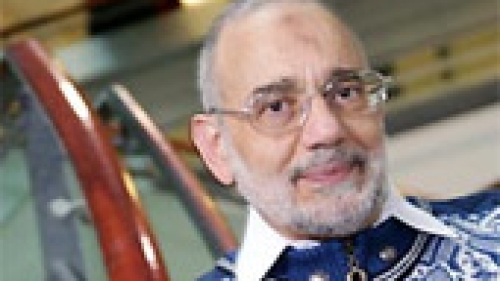Importance of Critical Thinking
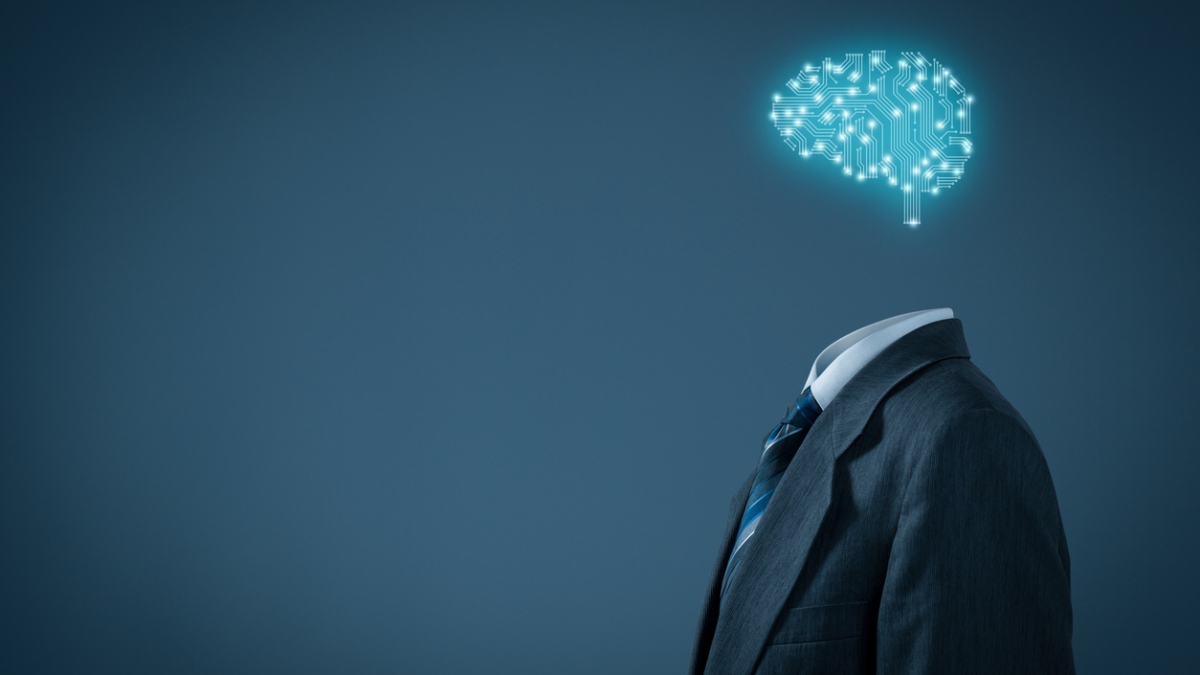
Experienced readers would recognize that not only the Holy Quran has plentiful examples for teaching essential processes of thinking and knowledge for training and education, but also, these readers would comprehend situations concisely for leaning the development of a persuasive critical argument to reject the naïve blind acceptance of authority.
The Holy Quran encourages us to use our ability to analyze, evaluate, and synthesize what we read for critically developing an effective and suitable response. For example, the dialog between the tyrant Pharaoh and a Muslim man illustrated the power of critical debate, despite the overwhelmed power of the Pharaoh. That Muslim man made an essential question and said, “Would you kill a man because he says: My Lord is Allah, and he has come to you with clear signs (proofs) from your Lord?” (Sura 40, Verse 28). He knew his frail position, and he was fully aware of the controlling power of the Pharaoh. He neither attacked the Pharaoh nor defended Prophet Moses (PBUH). The Muslim man focused on the fact of believing in Allah or accepting Pharaoh as a god. All wise people can learn from the dialog between that Muslim man and Pharaoh. Furthermore, Abraham (PBUH) forced his tribe to use their critical thinking capabilities for discovering their fault of worshiping stone sculptures. Abraham (PBUH) used his critical thinking to assist his tribe in identifying their fault deity. His tribe admitted their wrongdoing, and Abraham (PBUH) recited, “Do you then worship besides Allah, things that can neither profit you nor harm you?” (Sura 21, Verse 66; Readverse). Abraham (PBUH) persuaded his tribe to use their critical thinking to discover their high crime against themselves, and then he recited, “Have you no sense?” (Sura 21, Verse 67). Reflecting on the dialogues of Abraham (PBUH), we should learn to use our critical thinking capabilities and to focus on the subject matter and avoid personal attacks.
However, you might think that the dialogue between that Muslim man and Pharaoh, thousands of years ago, is not suitable to our time and place; and in a spontaneous response, you think you are correct. However, if you compare the human behavior of the Pharaoh to the practice of current tyrants, you would discover an astonishing similarity and almost identical behavior. Except Pharaoh used swords for killing innocent people while now aggressors use guided missiles for killing hundreds of people. Angry aggressors could kill innocent people, and they would commit crimes regardless of the methods or political beliefs. Critical thinking and anger are at opposing poles. Moses (PBUH) combined his critical thinking with Allah’s granted majestic power to convince Pharaoh to believe in Allah. Allah ordered Moses (PBUH) to “Now put thy hand into thy bosom, and it will come forth white without stain” (Sura 27, Verse 12). But Moses (PBUH) also tossed segments of the Holy Torah when anger controlled him. With the performance of Moses (PBUH), critical thinking readers could discover the contradiction of the power of thinking critically and the power of anger. “And when the anger of Musa (Moses) was diminished, he took up the Tablets, and in their inscription was guidance and mercy for those who observe their Lord” (Sura 7, Verse 154). When Moses (PBUH) controlled his anger, he eloquently delivered his message. Prophet Muhammad (PBUH) advised Muslims to avoid being “Angry” (Ibrahim & Johnson-Davies, 2019).
Critically thinking means suspending previous predetermined evaluation along with anger. Though you, as a critical thinker, need to examine the situation based on its surroundings and advocates along with their adversaries, you need to scrutinize, digest, and interpret the current events. Yet you must impartiality ask the pertinent right questions which are related concisely to the identified issue. And not only you need to know the primary and secondary stakeholders of the subject issue, but you also present facts and scientific materials for supporting your view. Your critical thinking capabilities would make you a more efficient and creative Muslim person (Facione, 2011).
Critical thinking and anger are at opposing poles. Moses (PBUH) used his significant thinking power to convince the Pharaoh to believe in Allah. Thus, Moses (PBUH) controlled his anger that Prophet Muhammad (PBUH) advised Muslims to avoid being “Angry” (Ibrahim & Johnson-Davies, 2019).
References:
Facione, P. A. (2011). Critical thinking: What it is and why it counts. Insight assessment, 2007(1), 1-23.
Ibrahim, E., & Johnson-Davies, D. (2019). Forty Hadith. In A booklet translation collected by Emam Yahya Ben Shreef Aldeen Nawawey who died in the year of 676 Hijri calendar. London.
Readverse: http://readverse.islamicity.com/
Topics: Critical Thinking, Pharaoh, Prophet Ibrahim (Abraham), Prophet Moses (Musa), Prophet Muhammad (S) Values: Knowledge, Wisdom Channel: Islamic Teachings
Views: 15042
Related Suggestions







